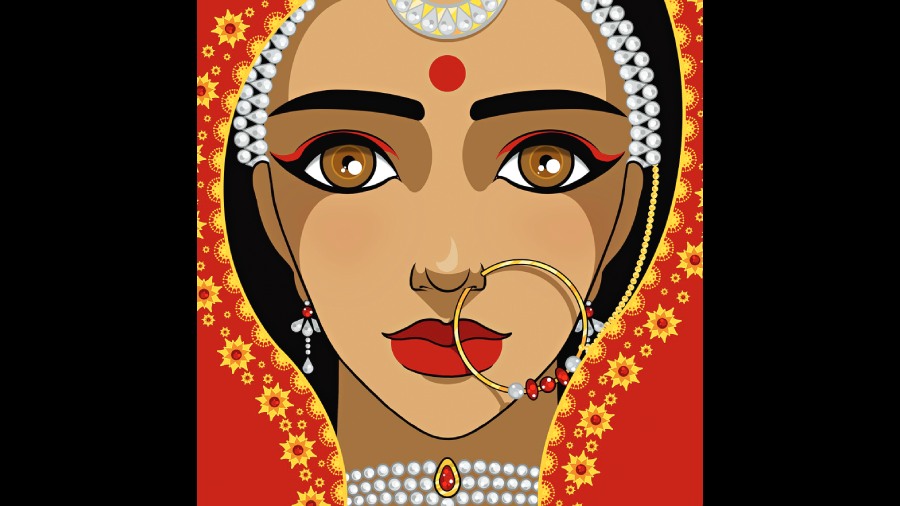Book name: Resolve
Author name: By Perumal Murugan
Publisher: Hamish Hamilton
Price: Rs 599
Resolve is an English translation — by Aniruddhan Vasudevan — of Perumal Murugan’s Tamil novel, Kanganam. In an interview, Murugan had noted that it is conventional for Tamil narratives to have two titles. By this line of reasoning, Resolve could also be titled A Suitable Bride. As Murugan notes in his Introduction, “The word ‘Kanganam’ denotes the yellow thread tied on the wrist of the bride and the bridegroom during the wedding. But it also carries a figurative meaning: the resolve one has towards an undertaking.”
Like Murugan’s other novels, Resolve ‘writes’ the Kongu region — roughly covering the western parts of Tamil Nadu and southeast Karnataka — mapping the anxieties and the aspirations of a particular regional group, the Gounder or Gowda, classified as other backward castes. This is a luminous chronicle of farmlands, men, and their tortuous search for women they wish to marry. As in his earlier novels (One Part Woman in particular), disturbing issues are camouflaged within a seamless etching of innocuous people, their lives and their actions that often border on the comic.
The novel begins with an entirely relatable situation of a landless farm-help, Kuppan, seeking an opportunity to corner his employer, Marimuthu, and cajole a loan of five thousand rupees out of the latter. Kuppan intends to marry off his seventeen-year-old son with the amount. Marriage, or the resolve to be wedded, lies at the heart of the novel and is seemingly about male privilege and money.
Kuppan’s ‘usual’ marriage-loan request triggers an ‘unusual’ and terrifying vision as Marimuthu hallucinates of a land teeming with men with hairy legs, their empty eyes looking out in vain for kolam-marked homes. The telling of Marimuthu’s thwarted quest for a wife leads to the uncovering of the viciously-skewed sex ratio of the region where men far outnumber women, to a point that girls of marriageable age within caste or community are impossible to find. The handsome Marimuthu, owner of fertile lands and vehicles of the latest make, is all of thirty-five but unmarried.
This dystopia, of a land drained of the female populace, is the making of a patriarchal society. Unlike poor families that practise female foeticide to avoid dowry payments, female infanticide in well-off communities is motivated by anxieties regarding the division of land and property with those unrelated by blood. The unwillingness to share land with married daughters or wives has led to parents adopting ghoulish practices associated with toxic patriarchies. The narrative speaks — almost absent-mindedly — about newborn females choked to death. Milk is mixed with grains to choke the female infant. Murugan’s portrayal of these practices is benign, in contrast to the horrific nature of these community rituals.
Yet, these issues form a shadowy backdrop to the story of a lonely man seeking a woman in marriage repeatedly but without success. Elderly, traditional marriage arrangers — thathas — who work on foot and take genuine pride in providing community service, have given way to fancy brokers and the filling of horoscope cards, photograph albums as
well as a clientele spread across foreign lands. Sadly, these new brokers are not imbued with integrity and take advantage of Marimuthu’s desperation by milking him of his cash.
There is ironic justice in Marimuthu, the scion of a wealthy landed community, ultimately marrying a girl who lacks a father’s name. Neither is it random that paatti, Marimuthu’s grandmother, breathes her last as he is about to be married. This final impediment to the wedding is also caused by a woman. For the uninitiated, death of a family member in a Hindu family initiates a period of mourning when auspicious rituals, such as marriages, are put off temporarily. Marimuthu must, therefore, be wedded by hiding the reality of his grandmother’s death, just as parents conceal the deaths/killings of infant girls.











